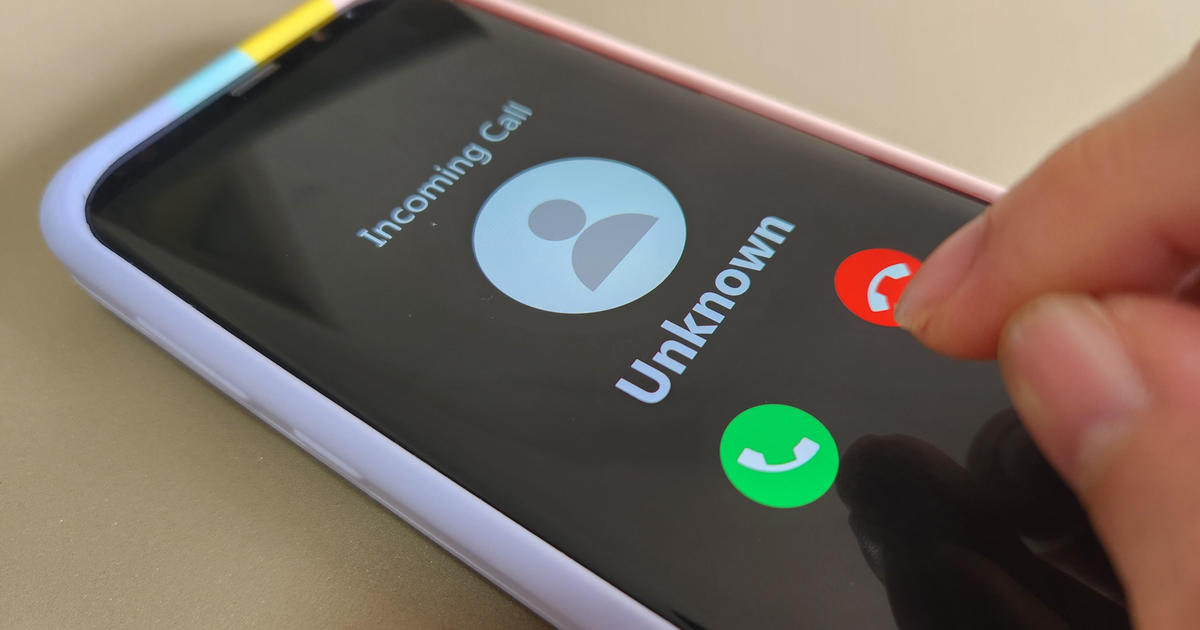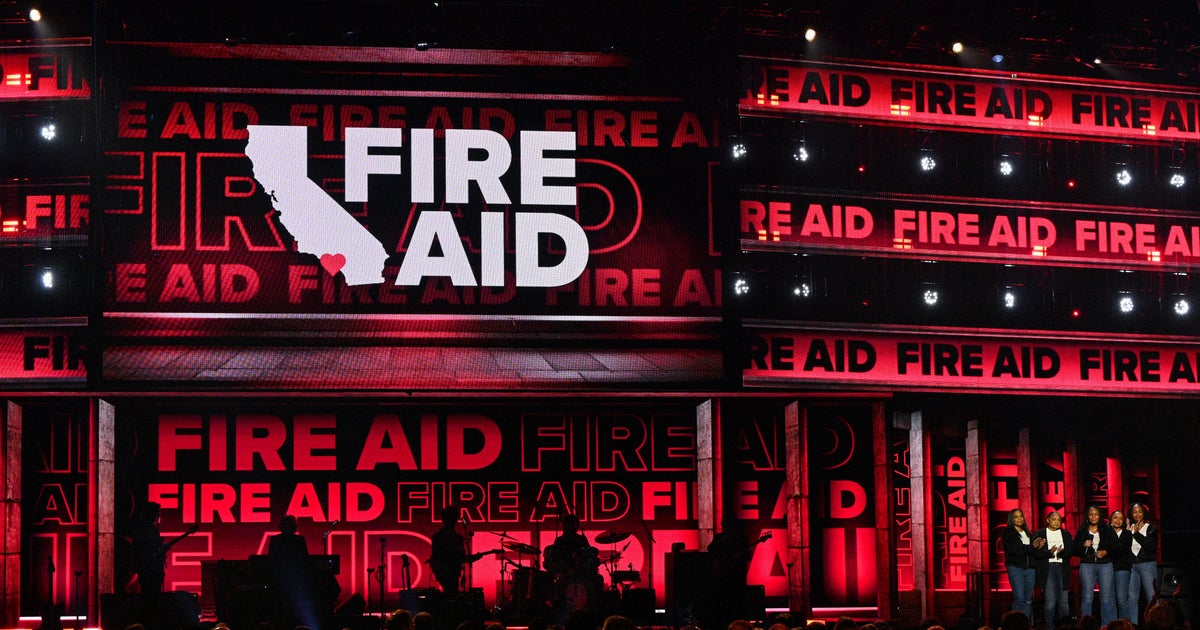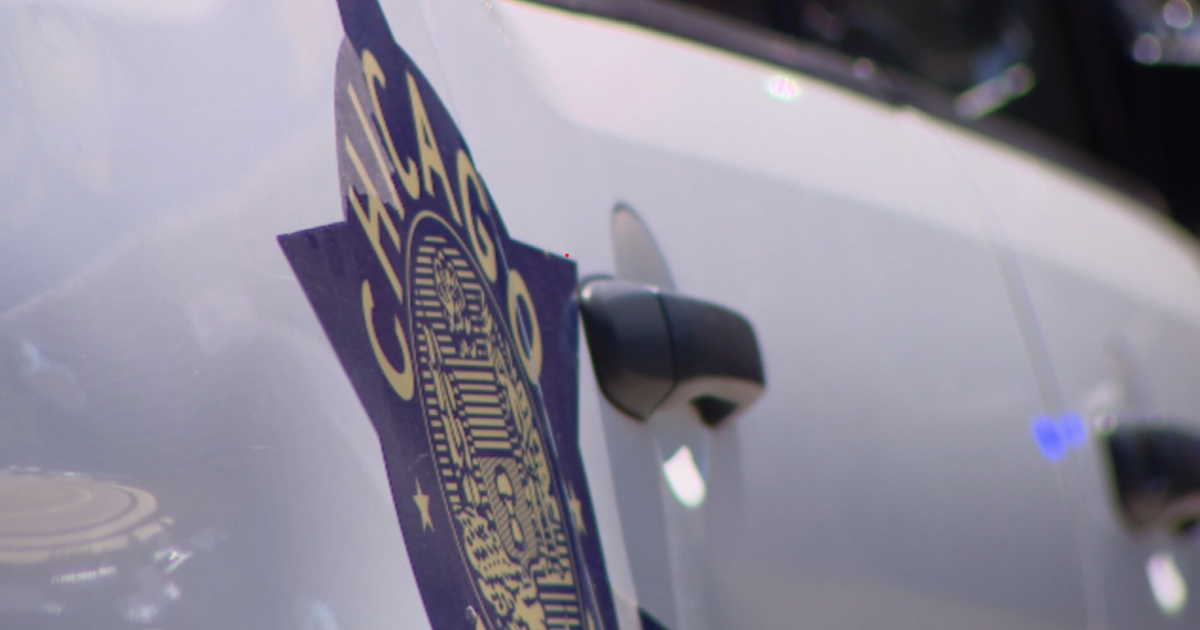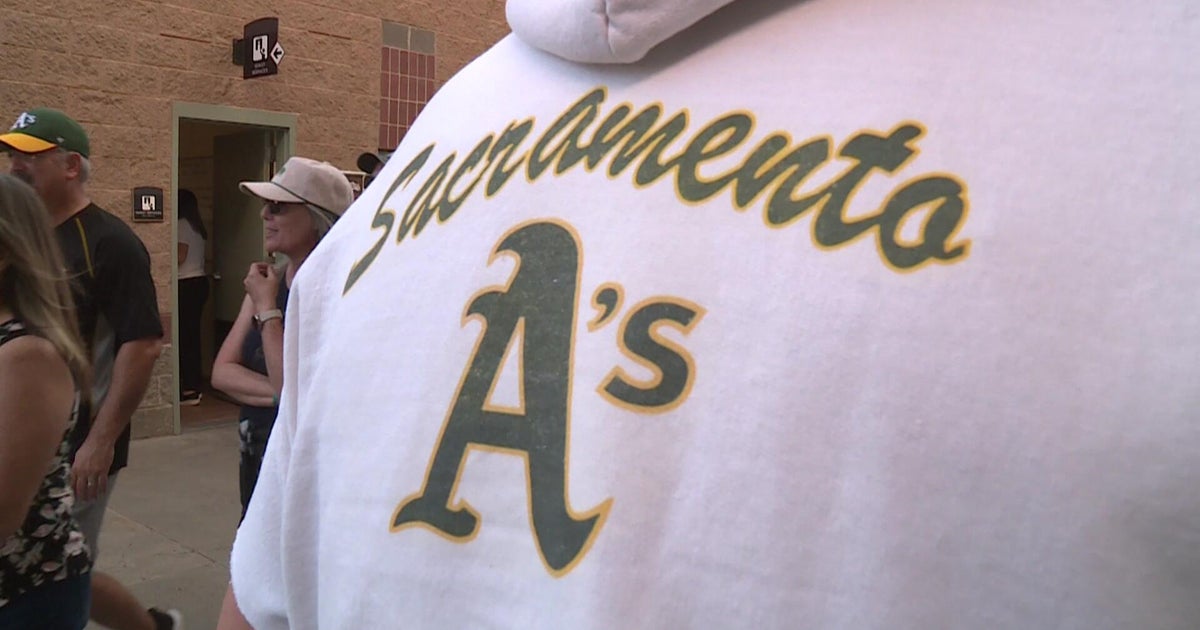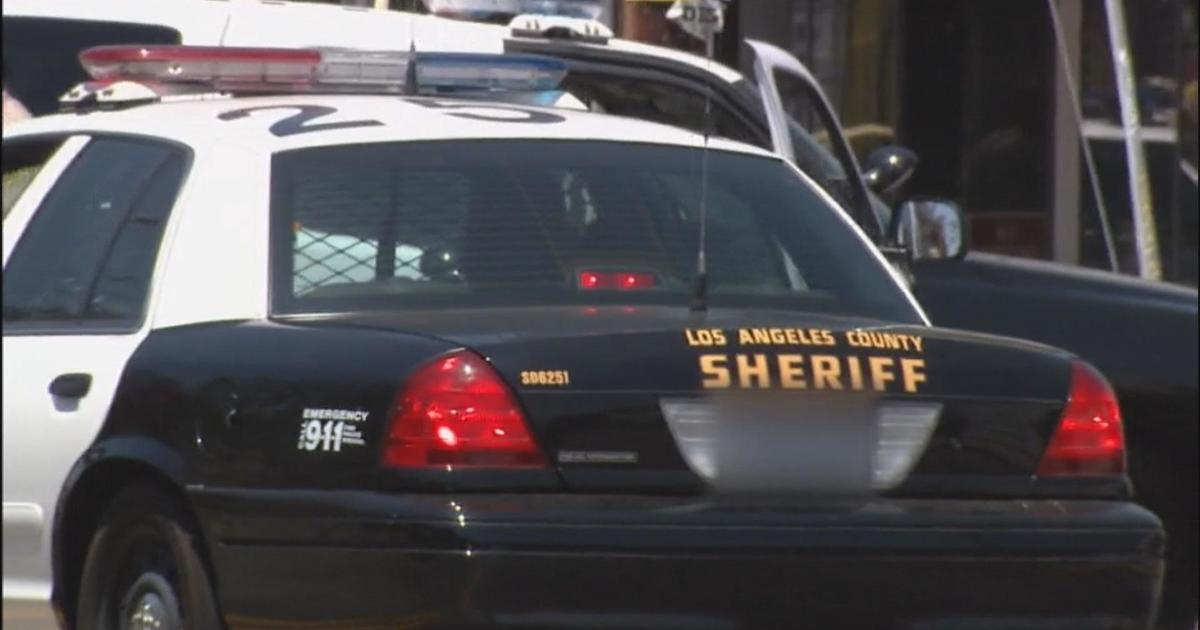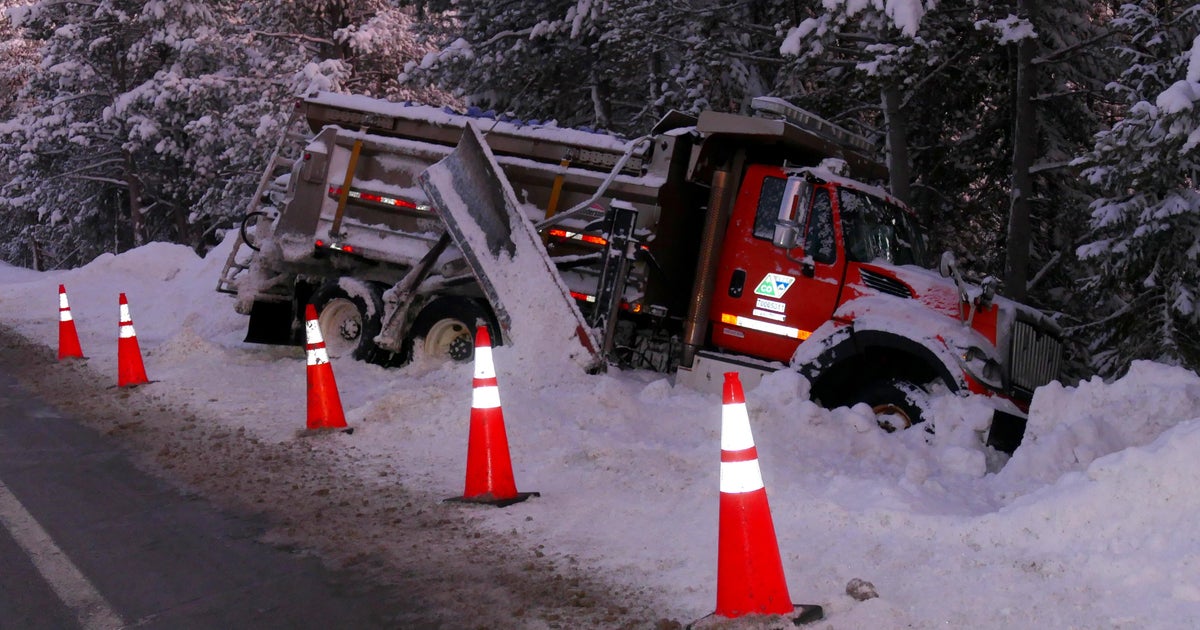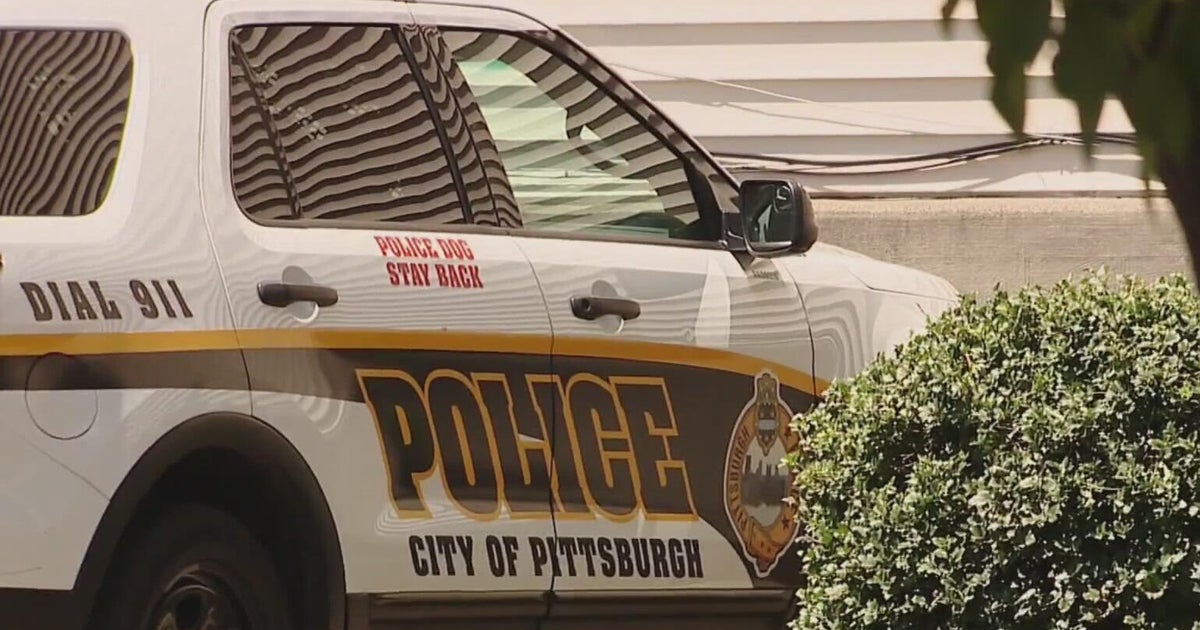Madigan Warns: Be Wary Of Japan Relief Scams
CHICAGO (STMW) - Illinoisans who plan to donate to earthquake and tsunami relief efforts underway in Japan should be careful not to fall prey to fund-raising scams by con artists seeking to exploit the natural disaster for their personal profit, Attorney General Lisa Madigan said Friday.
Donors who are seeking to give to the Japanese relief efforts should be wary of requests for clothing, food or other in-kind donations, which may not be appropriate, a release from Madigan's office Friday said. Unless the charitable organization has the staff and infrastructure to distribute such aid, the donations may be more of a burden than a help. Donors should ask the charity about their transportation and distribution plans, and be wary of those who are not experienced in disaster relief assistance.
In addition, potential donors should find out if the charity is providing direct aid or raising money for other groups. Donors may want to avoid the middleman and give directly to charities that have a presence in the region. Madigan advised that donors may want to ask questions to determine the ultimate recipients of the donations to ensure that the organizations are equipped to effectively provide aid.
"Unfortunately, it's common to hear of fraudulent charities taking advantage of people's generosity amidst a tragedy such as this," Madigan said. "In the wake of this crisis, I want to urge Illinoisans donating to relief efforts to take the time to investigate before donating. Taking that extra step will help ensure your donations reach legitimate causes that will directly contribute to helping the victims of this disaster."
Under Illinois law, fundraisers and charitable organizations are required to register each year with the Attorney General's office.
Madigan suggested the following tips to best ensure a donation will be used for its intended purpose:
• Ask how much of your donation will go to the charity and how much will be used to pay fund-raising costs. Solicitors must give you this information if you ask.
• Pay close attention to the name of the charity. Some fraudulent charities use names that sound or look like those of legitimate organizations to mislead you.
• Ask questions about the charity. Donate only when your questions have been answered and you are certain your money will be used according to your wishes.
• Ask questions like whether the charity is registered with the Illinois Attorney General's office and what percentage of the money the charity takes in goes to fund-raising, administration and charitable programming.
• Take caution when giving online. Spam and email solicitations from charities claiming to be linked to relief groups are common after natural disasters. Be wary of any solicitations online from unfamiliar charities.
• Do not pay in cash. For security and tax record purposes, pay by check. Be sure to write the full official name of the charity on your check—do not abbreviate.
Request written information. A legitimate charity will provide you with information outlining its mission, how your donation will be distributed, and proof that your contribution is tax deductible.
• Do not donate if the solicitor uses high-pressure tactics, asks for cash payment or insists on sending someone to pick up your donation. These are all hallmarks of a scam.
Madigan encouraged donors to contact her office's Charitable Trust Bureau to report suspicious solicitations at (312) 814-2595. She recommended that, whenever possible, keep notes detailing the date and time of the call, the organization's name and the name of the solicitor. Madigan also advised to try remembering the "pitch" as well as any other pertinent information.
© Sun-Times Media Wire Chicago Sun-Times 2010. All Rights Reserved. This material may not be published, broadcast, rewritten, or redistributed.
